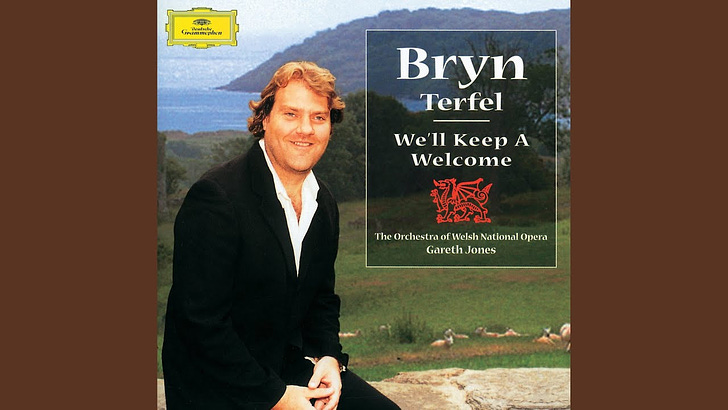When I was a child in school — and I know that some of our readers had the same experience, and perhaps some of our younger readers who were homeschooled had it, even more recently — we learned a number of patriotic songs which were generally known well enough for folks to sing along with those at appropriate times and places. Among these were, of cour…
Keep reading with a 7-day free trial
Subscribe to Word & Song by Anthony Esolen to keep reading this post and get 7 days of free access to the full post archives.



